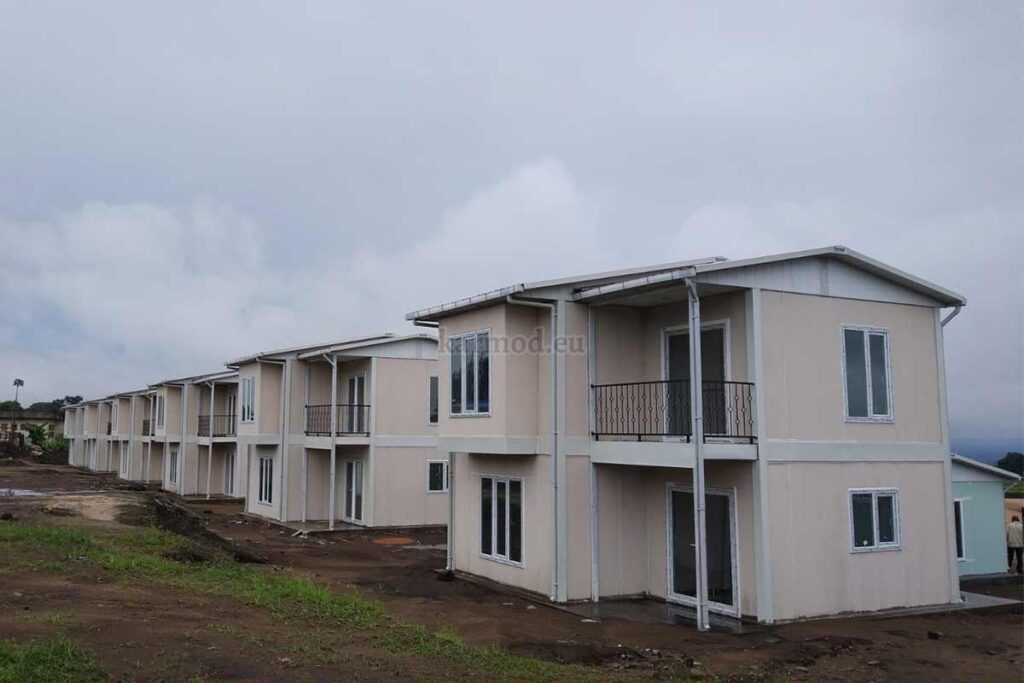
Permits Required for Modular Construction Essentials
As more people embrace the benefits of modular construction, understanding the relevant permits becomes essential. Knowing which permits are necessary can ensure a smooth construction process.

Introduction to Modular Construction
Modular construction has rapidly become a preferred method for building homes due to its efficiency and sustainability. This method involves pre-fabricating sections of a building in a factory and then assembling them on-site. It offers speed and minimizes waste, making it a favorite among eco-friendly builders.
Why Permits Matter
Securing the correct permits is crucial for meeting legal requirements and avoiding costly fines. Permits ensure that the project complies with local building codes and safety standards.
Types of Permits Required
- Building Permit The foundation of any construction project.
- Electrical Permit Necessary for installing electrical systems.
- Plumbing Permit Required for all plumbing installations.
Steps to Obtain Permits
Securing permits involves several steps, including submitting plans, inspections, and approvals. Working with licensed professionals can streamline this process.
Understanding Local Regulations
Local regulations play a significant role in the type of permits required. Researching local codes, or consulting with local authorities, can provide critical insights.
Impact of Zoning Laws
Zoning laws dictate what can be built where. Understanding these laws ensures that your modular home project complies with local development plans.
Special Considerations for Modular Homes
Modular homes may require additional considerations compared to traditional builds. For instance, shipping modules may necessitate transport permits.
Foundation and Site Preparation
Like any other construction, a solid foundation is vital. Special foundation permits might be required for modular builds.
The Role of Environmental Permits
Environmental considerations are increasingly important. Projects might need permits related to environmental impact assessments.
Stormwater Management
Permits may be needed to manage stormwater runoff to prevent environmental degradation.
Advantages of Modular Construction
Modular construction is known for its speed and cost-effectiveness. Its a sustainable option that aligns with modern building strategies. With precision engineering, it reduces on-site labor and material waste.
Quality Assurance in Factory Settings
Building in controlled environments ensures higher quality standards and fewer defects.
Conclusion: Navigating Permits Smoothly
In conclusion, understanding the permits required for modular construction is integral to project success. By doing so, you can minimize delays and ensure compliance.

FAQs
Do I need a building permit for modular homes?
Yes, a building permit is necessary for all modular home constructions.
Are modular homes subject to the same codes?
While they must meet building codes, some standards may vary based on location.
How long does permit approval take?
Approval times vary, but typically, it could take several weeks to a few months.
This article contains affiliate links. We may earn a commission at no extra cost to you.